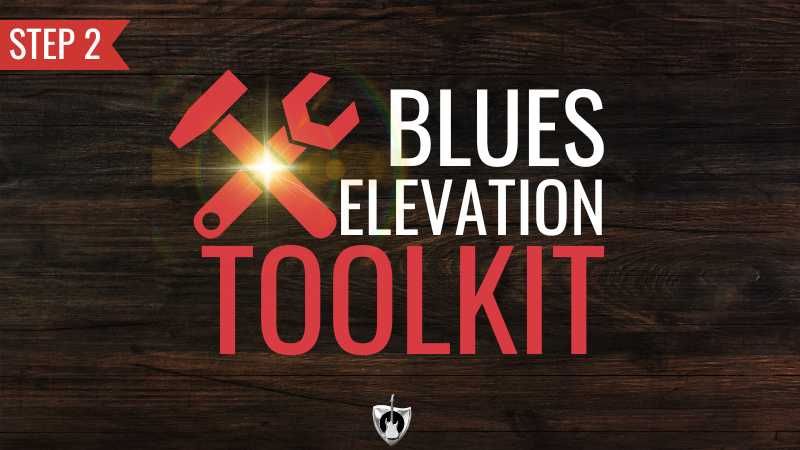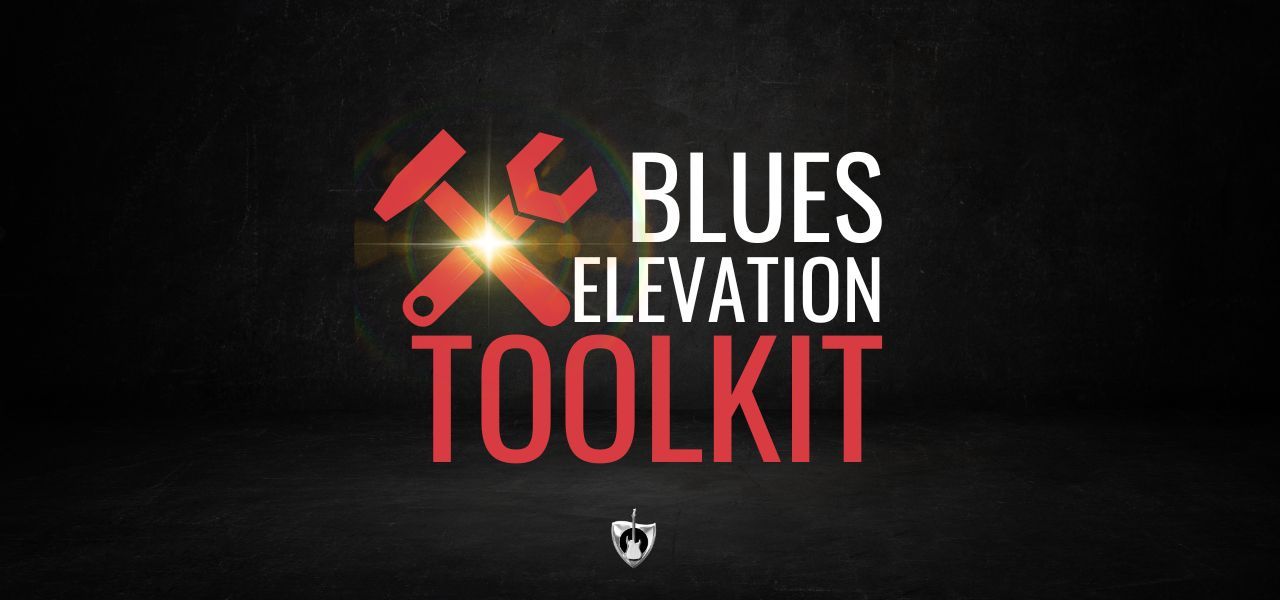Small Guitar Goals – Making the Most of Your Practice Time – 146
Do you want to get better at guitar? Today, let's go over the number one thing you can do to start seeing results.. fast. Start making small goals in your practice.
Thanks for joining me for this miniseries on the podcast: all about making the most of your practice time.
For the next few weeks I'm going to highlight some of the game changing techniques that I've used in both my own and my student's practicing
.
Well, here we are... October. There's no (or very few) gigs to play. This stuff has gone on for a long time now. We are all very tired of it. And, the feeling that this is "the lost year" is all around.
When this virus showed up earlier this year, I reacted. I was determined that I was going to come through this better than I was when it started. I took the limitations of what we have all been dealt with, and started to set some goals and make some plans.
Looking back, I'm curious why I had such a strong reaction right away. It's because, in my daily life, I'm used to setting goals. And I know that the process, if I'm patient and stay on course, is possible.
What's the process? It's simple:
-
Set big goals
-
Break them down to very small, easily achievable ones
-
Start now
And it is working. Two of my very big goals that were set years ago, have been achieved right now, during this terrible time. These are life goals, but guess where I learned this process: practicing guitar. It works.
So today, I'm going to feature the most important part of succeeding on guitar. Setting small goals in your practice.
Make sure you stay till the end where I will give you examples of small goals that you can get started with today.
The habit of achieving
Let's talk about habits because getting control of your habits is the first step to very big things.
Definition from google: "a settled or regular tendency or practice, especially one that is hard to give up."
So, even just practicing guitar or your lack of practicing guitar, is a habit.
You have already set habits when it comes to guitar. You have set up routines that you follow. These habits are you use a certain strap when you play. You may sit in the same place each time. You use a certain style of picks. You may play for a certain amount of time. You get the point.
These are things that you set up. And, you decided to do them over and over again. Most likely without giving them much thought. "I did it once and it's easy to do. I'm comfortable. So why make the effort to change.
There's our problem, part of us wants to change. If you didn't, you wouldn't be listening to this podcast. You want to get better. But we aren't getting the results from our efforts.
So, let's take control of our habits today.
The habit of achieving your goals.
Can you get in the habit of achieving things. Oh yes. And it's a very good place to be.
I'm living proof.
If you are frustrated with the guitar, you have a habit of not achieving already. All we are going to do is flip it. Turn that habit up side down.
If you don't have any goals, it's time to set some.
But, It don't think that is the most common situation for guitarists. I think that most players are working towards goals that are way too big. And they don't know what to do to get there.
They try for a bit, don't get any results, and put the guitar down.
That's not a habit (good or bad)
You need to break your big goals down into very, very small chunks that you can master within a few days of focused practice.
Tiny things that you most likely are glossing over. Things that you think will come with time if you just keep jamming. How's that working for you.
You break your goal down to the basics. Then, you put things in order.
I need to be able to do this before I can do this. See what I'm doing here.
Say, your big goal is to learn a very cool song but you just cant get it right. Let's put this into practice for this songs.
For this song:
I need to know how to play the chords
I need to know how to change between the chords
I need to know how to strum the chords
I need to know how to play it at a certain speed
I need to know how to play the solo
I need to know the scale that the solo is made from
I may need to know how to improvise over these chords.
I need to find the right guitar tone for this
I need to be able to play this song with other musicians.
Each one of these goals needs to be put into order and then broken down even further:
I need to know how to play the chords
what chords are in the song
what chords do I not know
What does it take to play those chord s
bar chords
capo
open position
what are the problems when I play these chords
buzzes, muted notes,
You see where I'm going with this: put these problems in order:
what do I have to be able to do first to build a strong foundation.
What chords are in the song (small goal)
In 10 minutes you can look this up, even if you don't have a good ear for hearing chords.
Goal accomplished!! You are one step closer. Celebrate! It's awesome!
You may not think that something like this is a big deal... but it is.
It's the foundation that you are building some very cool stuff on.
If it wasn't there, nothing would get done. So celebrate it!!
I know what chords are in this song.. all of them!
One goal down, what's next! You see what's happening here. You have started on a journey, and made your first milestone. It's only natural to want to quickly move on to the next step.
2 And this creates something that a lot of players struggle with: the urge to practice.
Just the word practice can get under some player's skin. "I don't want to practice, I just want to play"
Why is this so common? I think it is because most don't see immediate rewards when they practice. It feels like it takes too long to get anywhere. And it usually doesn't sound very good.
When you set small, easily achievable goals, the rewards are very clear. And when you make working toward these small goals a habit, you can...
expect achievement.
This brings excitement to what some consider a pretty uneventful chore.
It also rewards patience. Just seeing the small steps working toward your bigger goal.
My current coaching students are living this first hand. Each level they work through is 12 weeks. Every twelve weeks you achieve a big goal But that same level is divided up into weekly small goals, quarterly small goals, and half semester goals. This creates steady regular wins with a clear direction towards the big goal.
Small goals help you get real about your playing.
Small goals are not flashy. But, has trying to learn flashy techniques without knowing why they work got you anywhere in the first place?
They pinpoint the things that may be lacking in your playing. And, they head straight toward the things that you may not realize are holding you back. Can you see what a valuable tool this is?
Another way that small goals help you get real about your playing is that they chart your progress
Have you ever wondered if you getting better? How would you really know if you were?
What's getting better in music anyway? I guess the feedback from others is how most people judge their own progress.
But, by using small goals you take your progress away from the opinion of others and places it straight into your own opinion.
You set the goal. You do the work. You see the steps you are climbing. You reach your goal. You gain control.
It's so very encouraging.
Bonus: examples of small (one week) goals that can lead to bigger things
rhythm
You can always get better
Play your chords to a metronome and record yourself.
The metronome doesn't hide anything. You will hear if your rhythm is off.
Spend a week recording yourself playing the same part each day with a metronome. Give your self the small goal of having it perfectly on beat by the end of the week.
Songs
Take a familiar song and re-voice your chords to a different area of the guitar.
You see this a lot in two guitar bands. In fact, if you are used to playing a song with one part, by the end of the week, learn the other part or make up your own.
It's great for understanding chord notes and where they are in different areas of the neck.
Scales
Take a scale that you know and play it in all keys
If you are missing any of the patterns across the neck, work them out.
Each day of the week, play them over a background track in a different key.
Follow the circle of fifths to make sure you play in all of the keys.
There they are: small goals that are easily accomplished and not only help you with your current problem, but become foundational skills that you can build on for years to come.
GET FREE WEEKLY GUITAR LESSONS, PODCASTS, AND MOTIVATION DELIVERED TO YOUR INBOX.
Your information is kept safe. It's never shared with third parties.




